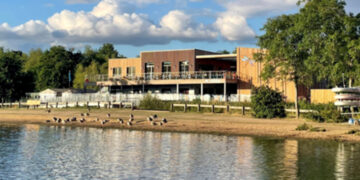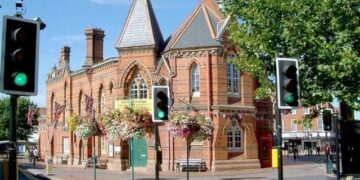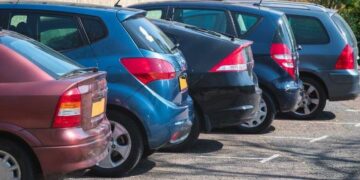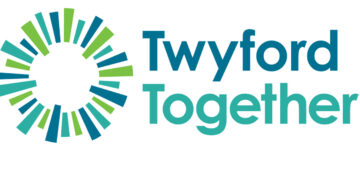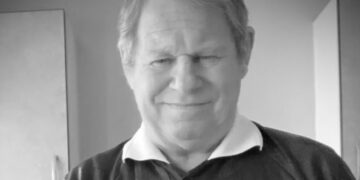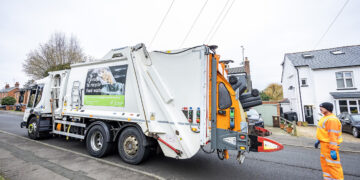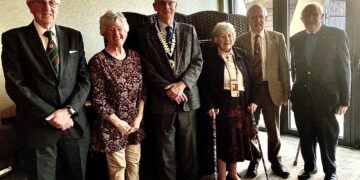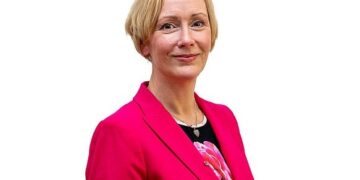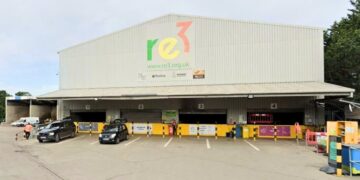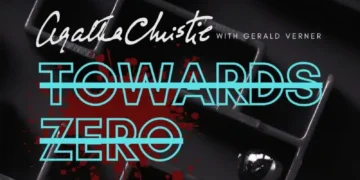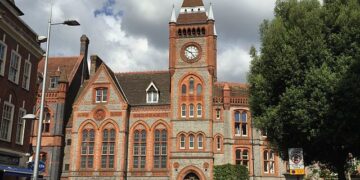BINS across Wokingham borough will be emptied less often, grass left to grow longer, and roads swept less frequently as the council seeks to save £700,000.
Evidence of the cuts is already visible, with residents of Wokingham, Finchampstead and Winnersh recently baffled by a growing number of black plastic bin bags that now cover public waste bins, presumably to make them unusable.
A number of bins that remain uncovered are full to overflowing, with piles of rubbish beginning to accumulate around them.
Some people have expressed their frustration and concerns about possible rat infestation on social media.
Others have ripped black bags open to continue to deposit waste in apparently decommissioned bins.
Wokingham Borough Council have been asked for comment but were unable to respond.
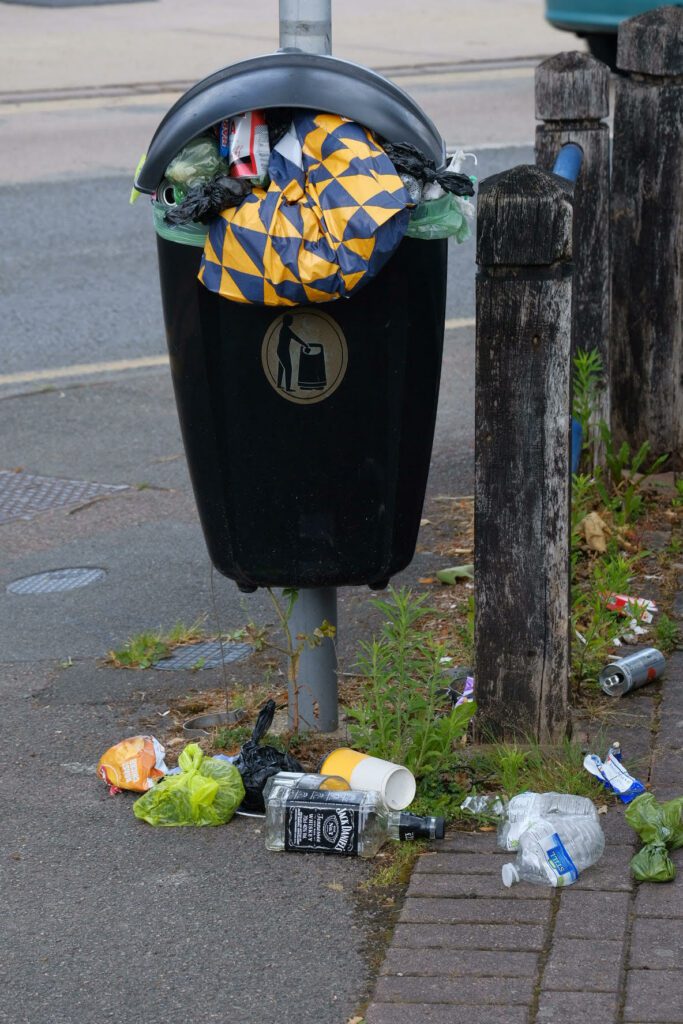
However, they had previously said that budgetary pressures arising from high inflation, increased demand and low government funding have led the council to look at more ways it can cut costs.
The council is asking residents to take their rubbish home with them if they find litter bins too full, as it plans to empty “less-used” bins once instead of twice a week.
And areas around bottle banks will be cleaned on a weekly basis instead of twice, which will save £600,000 over three years.
Bins and streets in “busier areas” will continue with “more intensive cleaning”.
The council also plans to reduce the number of times grass verges will be cut from six to four times a year, saving £100,000 a year.
Grass cutting at play parks and other “amenity areas” – such as parks and playing fields – will still be cut six times a year, the council says. Grass verges around roads that “impact safety sightlines will continue to be a focus and cut on the current schedule”, the council says.

Cllr Ian Shenton, executive member for environment and leisure at the council, said reduced government funding was the reason for the cuts, with Wokingham “penalised” for being a well-off area by allocating it a low central government grant, compounded by caps on council tax rises.
He said if the council didn’t cut costs there was a risk it could go bankrupt, which would have “huge consequences, including major service cuts and increases to council tax”.
He added: “Slough had to increase their council tax by about 10% this year because it hadn’t managed its budget properly. We are committed to not allowing that to happen here.”
Opposition councillors challenged this.
Labour group deputy leader Cllr Andy Croy accepted that savings should be made, adding: “The Council has been terrible at communicating information about the massive delays in the current grass-cutting regime.
“Many residents will feel they are already on a reduced cutting schedule and will find the Executive Member’s comments insensitive, ill-judged and totally out of step with the mood of the Borough.
“Thirteen years after the LibDem and Conservative coalition ushered in the disaster of austerity we are seeing that destructive policy continue to wreck its course through local communities.”
He continued: “Other Councils have gone bankrupt because of disastrous property investments, not because of too much grass cutting or too many litter bins.
The Local Democracy Reporting Service has contacted the Conservative group’s finance spokesperson for comment.
Additional reporting: Emma Merchant






